Deconstructing anti-Trump sentiment
The President’s policy bite has been far weaker than his policy bark. He has not turned out to be the fascist dictator people feared he would be. Why then does he induce such visceral hatred?
 Courtesy: Wikimedia Commons
Courtesy: Wikimedia Commons
The President’s policy bite has been far weaker than his policy bark. He has not turned out to be the fascist dictator people feared he would be. Why then does he induce such visceral hatred?
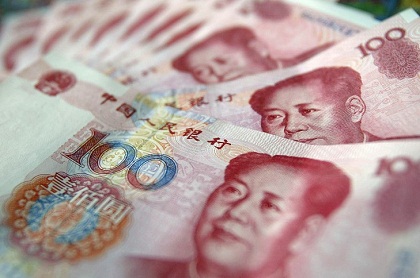 Courtesy: Viva100
Courtesy: Viva100
This is the first time in 30 years that Moody’s has made a change in China’s rating. Coming close on the heels of the high-profile Belt and Road Forum, this was an embarrassment that was avoidable
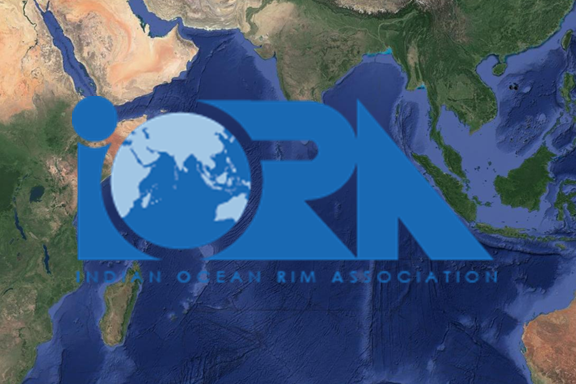 Courtesy: Gateway House
Courtesy: Gateway House
This speech was delivered by Rajiv Bhatia, Distinguished Fellow, Foreign Policy Studies, Gateway House and Chair, FICCI Task Force on Blue Economy, at the Indian Ocean Rim Association Senior Officials Meeting in Jakarta
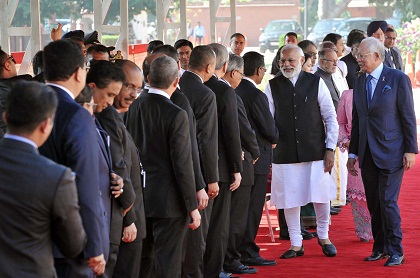 Courtesy: MEA/ Flickr
Courtesy: MEA/ Flickr
India views its ties with Malaysia as a core element of its Act East Policy, while the Malaysian leadership has taken note of India’s geopolitical importance and the many attractions of its market Both nations share a strong commitment to multiculturalism, democracy and inclusive development
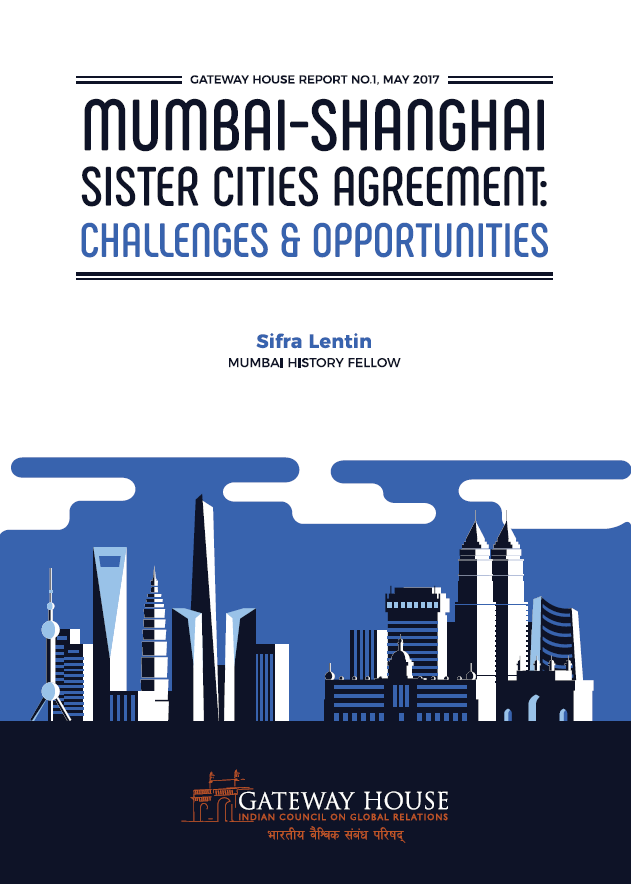 Courtesy: Gateway House
Courtesy: Gateway House
In light of our government's new understanding of the role that the sister cities relationship can play in envisioning urban projects in India, Gateway House's Mumbai History Fellow, Sifra Lentin, has readied a special report on the role and understanding of sister cities.
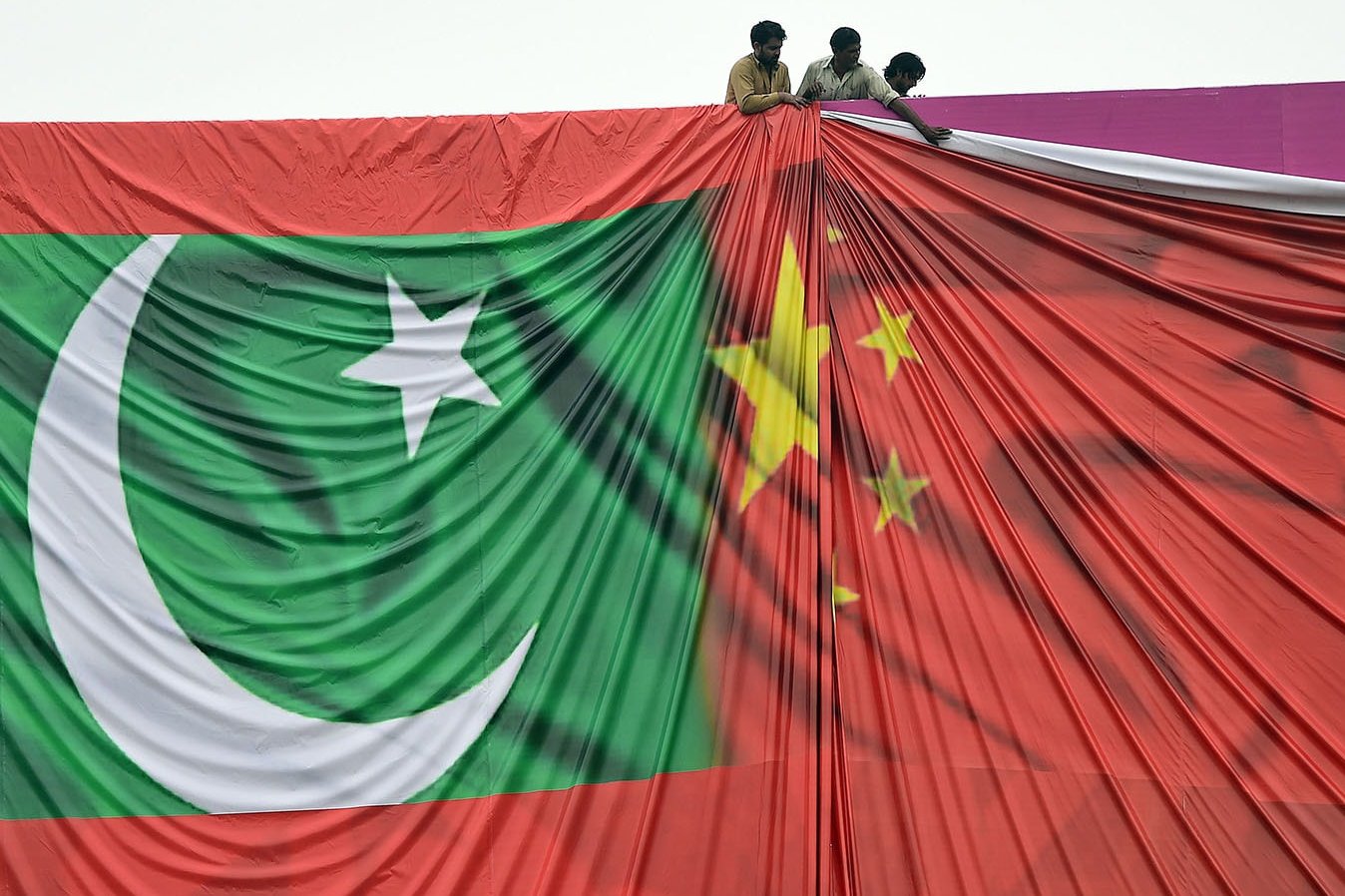 Courtesy: AFP
Courtesy: AFP
The Indian government must be commended for staying away from the Belt & Road Forum in Beijing this week on the basis of principled objections. However, the forum has robust global participation – 30 heads of state attended the meeting, as did the chiefs of the UN, World Bank and International Monetary Fund (IMF). India was the only country in the world that was invited, but refused to participate
 Courtesy: Wikimedia Commons
Courtesy: Wikimedia Commons
Critical infrastructure–like healthcare or the financial services industry–makes for ransomware’s favourite prey, and nation-states must unite to respond suitably to the anarchy that can be unleashed by another attack, like WannaCry
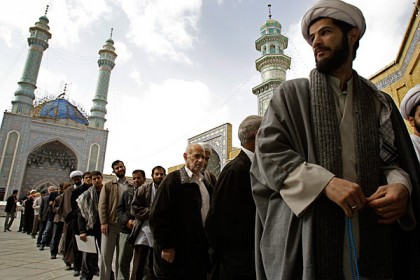 Courtesy:
Courtesy:
Iran’s presidential elections have always been unmatched in the unpredictability of their outcome. Will the pro-reform vote be able to hold out against Ebrahim Raisi, the current president’s most serious competitor, with his appeal to the masses and traditional, conformist Iranians?
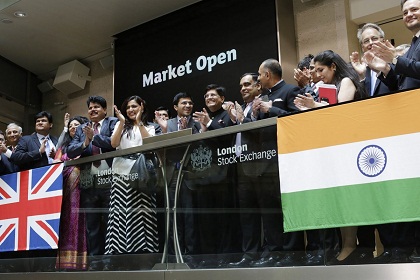 Courtesy: PiyushGoyal.in
Courtesy: PiyushGoyal.in
The emergence of masala bonds as a funding vehicle for Indian companies can aid India’s geoeconomic goals. Most of them are listed in the London Stock Exchange. But is India leveraging fully the rupee’s internationalisation?
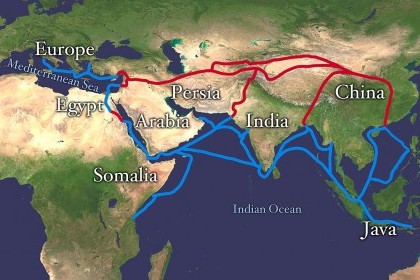 Courtesy: Wikipedia
Courtesy: Wikipedia
Experts at a recent conference on China’s Belt and Road Initiative, hosted in Istanbul, spoke of its many advantages to the region, but also on the challenges involved in attracting financing